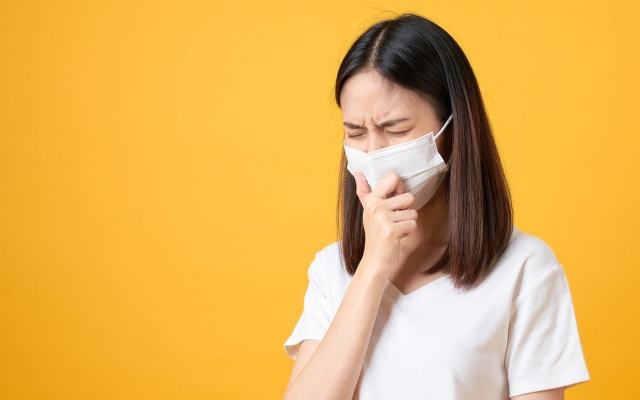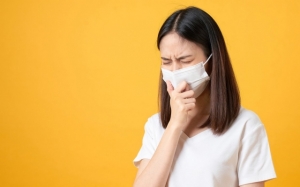What to Do to Better Protect Yourself against Coronavirus
Covid-2019 infections continue to pop up around the world. Signs of infection include cough, fever and difficulty breathing. Several patients have also reported diarrhea and a sore throat. Most people who become infected experience mild illness and easily recover, but it can be more severe for others. Elderly persons with chronic medical conditions are at higher risk of a more severe form of the illness.
The recommendations below are based on what is currently known about the epidemiology of the novel coronavirus and the transmission of other viral respiratory diseases.
Wash Your Hands Often
This basic rule of hygiene is one of the best preventative measures you can use to reduce the chance of getting infected. Regularly and thoroughly wash your hands either with an alcohol-based hand sanitizer or soap and water.
During the SARS epidemic, a much deadlier acute respiratory syndrome also caused by a coronavirus, handwashing reduced the risk of transmission by 30 to 50 %.
Hands touch many surfaces during the day and pick up multifarious viruses. Once contaminated, hands can easily transfer the virus to your eyes, nose or mouth. To ensure better prevention, you should avoid touching your face unless you have thoroughly washed your hands.
Practice Social Distancing
It is recommended that you maintain at least 1 meter (3 feet) distance between yourself and a person who is coughing or sneezing (or vice versa).
Coronavirus is transmitted in the same way as many other respiratory illnesses; that is, it spreads through droplets in the air from a cough/sneeze.
Should I Wear a Facemask?
It is not essential for persons who feel well to wear a facemask; these should instead be used by persons who show symptoms of illness to help prevent its spread to others.
Healthcare workers should wear masks. The most effective are the so-called N95 masks, which block 95% of very small particles.
If you must wear a facemask, it is recommended to change it for a new one every 1-2 hours.
Stay Informed
Stay up-to-date on the latest developments about COVID-19 to be knowledgeable about all the reliable news and to prevent excess panic that can easily spread in your community.
In short, much of the advice from health experts is simple common sense; not much different from what you would do to tackle the flu or any other respiratory virus.












